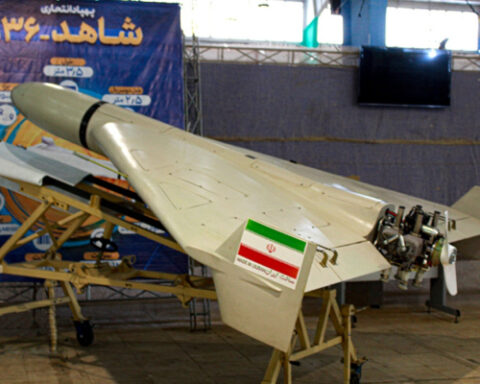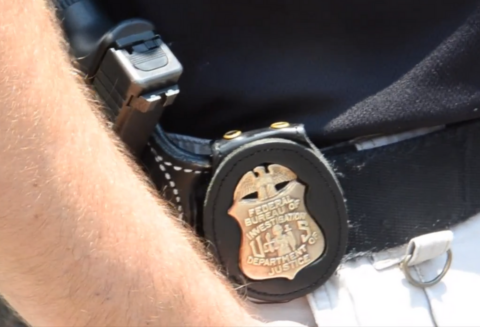The White House has approved the delivery of cluster munitions to the Ukraine Government in its fight against Russia, Politico reports.
Cluster munitions are essentially giant shotgun shells, delivering multiple explosives per missile sometimes colloquially known as “steel rain.” They are usually deployed from rocket artillery, like the tracked M270 MLRS or the wheeled M142 HIMARS. However, the sub-munitions sometimes produce duds at the rate of 1 to 2%. Following conflicts, these essentially act as landmines, maiming or killing civilians.
Cluster munition are currently banned by the Convention on Cluster Munitions, which is signed by 108 countries. Many European countries are signatories, but crucial military powers such as the United States, China, and Russia are not a party to it. Ukraine and Poland are not signatories either.
This controversial divide on cluster munitions has reached the halls of Congress. Republicans are pushing for the delivery of the weapon due to its effectiveness, while Democrats are reticent to anger fellow NATO countries that have banned the weapons.
… The administration has more recently leaned toward sending the cluster munitions as Kyiv expends large numbers of its stocks of conventional weapons. A top Pentagon official recently told lawmakers military analysts had concluded that cluster munitions would be useful on the battlefield, especially against dug-in Russian positions, but they had not yet been provided due to congressional restrictions and “concerns over allied unity.”
Cluster munitions have already been used by Russia and Ukraine in the conflict and are already causing civilian casualties.
In a report released Thursday, Human Rights Watch cites evidence from interviews and photos showing Ukraine has already used cluster munitions “that caused numerous deaths and serious injuries to civilians.” In one example from 2022, Ukrainian cluster munitions rocket attacks killed at least eight civilians in the city of Izium, the group said. That tracks with findings from a United Nations investigation earlier this year.
While cluster submunitions could enable Ukraine to punch through dug-in Russian defenders, it will also cause great damage to the citizens of Southeastern Ukraine for decades to come.









